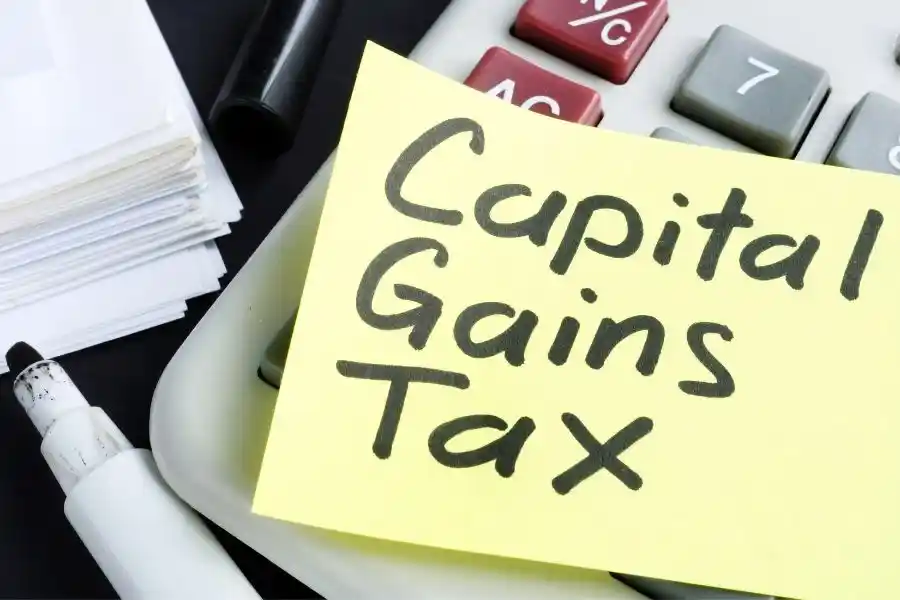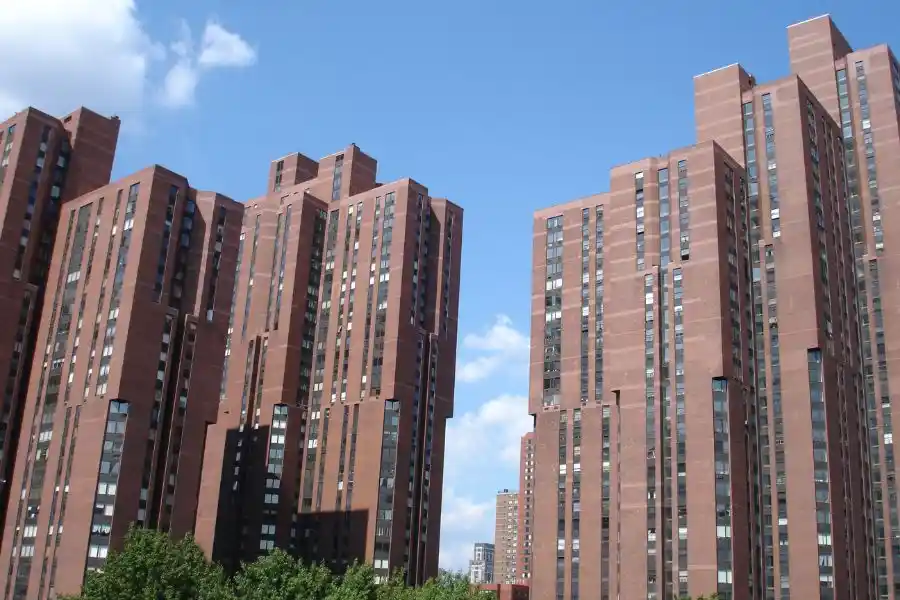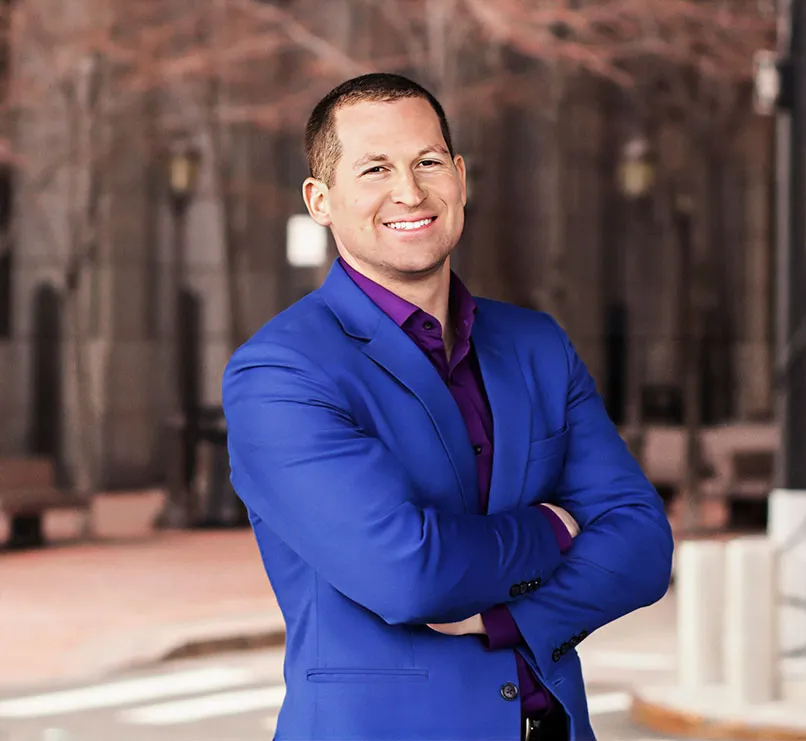Renting a condo in New York City comes with a myriad of benefits that cater to the diverse lifestyles of urban dwellers. From a sense of community and security to a range of amenities such as gyms, rooftop terraces, and concierge services, all these benefits elevate the overall living experience. Moreover, most condominiums are situated in prime locations, allowing convenient access to public transportation, cultural attractions, and vibrant neighborhoods.
In this guide, we will explore essential tips to rent a condo in NYC to ensure a smooth and informed rental experience.
Know Your Budget
Before diving into the rental market, establish a clear and realistic budget. Consider not only the monthly rent but also additional expenses such as utilities, maintenance fees, and potential broker fees. Knowing your budget will help narrow down your search and prevent wasted time on properties outside your financial comfort zone. Also, be prepared to provide proof of income to potential landlords or management companies.
Know What You Want
Create a list of non-negotiables and preferences for your ideal condo. Do you need a certain number of bedrooms? Is proximity to public transportation important? Having a clear idea of your requirements will streamline the search process and prevent you from being swayed by flashy features that may not align with your needs.
Understand Condo Associations
Condominiums often have homeowner associations (HOAs) or condo boards that set rules and regulations for residents. Familiarize yourself with these guidelines, as they can affect your daily life within the condo. Look into policies regarding noise, pet ownership, and any restrictions on alterations to the unit.
Moreover, you should also learn the tenant rights in your area. Understanding your rights as a renter is essential for a smooth renting experience. This knowledge will empower you to assert your rights and address any issues that may arise during your tenancy.
Compile Your Paperwork and Documents Early
Landlords typically require various documents during the application process. Be prepared by compiling essential paperwork such as proof of income, references, and a rental history. Having these documents ready will expedite the application process and increase your chances of securing the condo you desire.

In high-demand markets like NYC, condos can be rented within days of being listed. By preparing your documents well in advance, you signal to landlords that you are serious about securing the property and that you respect their time. This proactive approach positions you as an attractive tenant in the eyes of property owners who are eager to fill vacancies promptly.
Learn More About the Neighborhood
New York City is home to some of the most diverse neighborhoods, each with its own personality and charm. Research and explore different neighborhoods to find the one that aligns with your lifestyle preferences. Consider factors such as safety, proximity to public services, and local amenities. Understanding the neighborhood will help you assess which one suits your lifestyle and preferences.
Inspect the Condo Thoroughly
Before committing to a rental, conduct a thorough inspection of the condo. Check for any signs of damage or needed repairs. Take note of the condition of appliances, fixtures, and the overall cleanliness of the unit. This information can be crucial during lease negotiations and move-in preparations.
Ask Questions and Be Prepared to Negotiate
Don’t hesitate to ask the landlord or property manager any questions you may have. Clarify details about maintenance, amenities, and any restrictions that may apply. Clear communication will help you make an informed decision and avoid surprises down the line.
While condo rentals often have fixed prices, there may be some room for negotiation. Consider negotiating the lease terms, move-in date, or even the rental price. Knowing when and how to negotiate can help you secure a better deal.
Consider Amenities and Utilities
Condominiums often come with a range of amenities, such as gyms, rooftop terraces, and concierge services. Evaluate the amenities offered and consider how they align with your lifestyle. While these features can enhance your living experience, be mindful that they may also impact the overall cost of renting.
Inquire about the utilities included in the rent. Some condos may cover water and heating expenses, while others may leave these responsibilities to the tenant. Understanding utility costs is essential for budgeting and avoiding surprises when the monthly bills arrive.
Check for Noise Levels
Assess the noise levels within and around the condo. Proximity to busy streets, construction sites, or noisy neighbors can impact your daily life. Visit the property at different times of the day to get a sense of the ambient noise and ensure it aligns with your preferences.
Understand Your Lease Terms
Carefully review the terms of the lease agreement. Pay attention to the duration of the lease, renewal options, and any penalties for breaking the lease early. Understand the terms related to rent increases, security deposits, and the process for reporting and resolving maintenance issues. If there are any unclear terms, seek clarification from the landlord or property manager.

Work with a Real Estate Broker
The NYC rental market can be fast-paced and competitive. Enlisting the help of a reputable real estate agent like Brett Ari Fischer can be invaluable. He has extensive experience in dealing with condos in NYC and can guide you through the process, help you find suitable properties, and assist with negotiations.
Moreover, if you’re a landlord seeking guidance on renting out a condo, we can help you with that. At The New York City Broker, we offer personalized services and advice on all aspects of real estate investing in NYC, whether you’re buying an apartment, selling a house, or renting out a property. Reach out to New York City real estate brokers now to get started.










